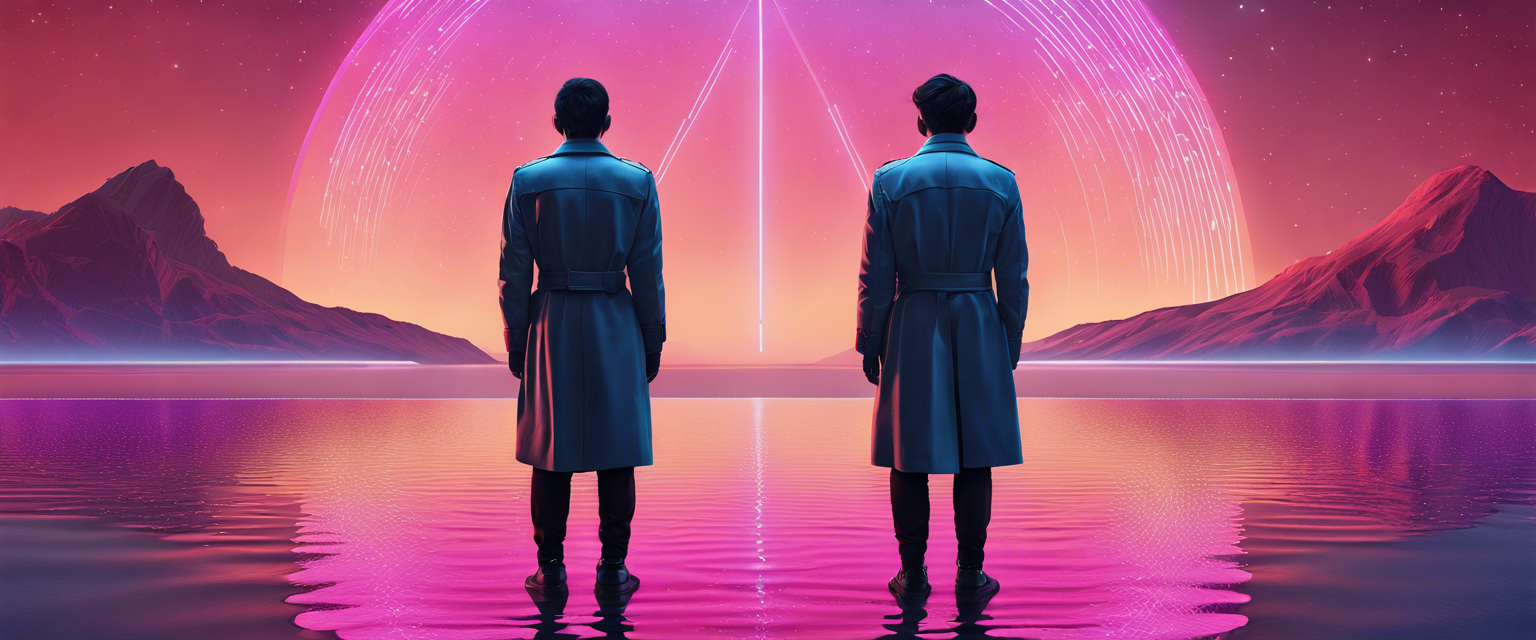The Rise and Fall of Quibi: A Short-Lived Dream
The Quibi saga is both a short story and an epic tale of daring innovation and ultimate failure in the entertainment industry. Founded by Jeffrey Katzenberg and led by CEO Meg Whitman, Quibi was unveiled at CES in January 2020 as a revolutionary platform aimed at transforming how we consume media. With more than a billion dollars in funding and collaboration from numerous Hollywood stars, Quibi was poised to make a significant impact.
The Vision Behind Quibi
Quibi, short for "quick bites," was designed to deliver short-form videos tailored for mobile viewing. Katzenberg and Whitman outlined a compelling vision that promised not only to redefine content consumption but also to make the platform indispensable for on-the-go entertainment. The application caught significant attention by enchanting viewers with high-profile content and promising revolutionary technology.
The Bumpy Launch
Despite the overwhelming excitement and significant investment, Quibi's launch in April 2020 was marred by miscalculations and adverse timing. The COVID-19 pandemic altered consumer behavior, pushing audiences toward streaming services that provided full-length content. Consequently, many users found little interest in the short segments that Quibi was offering.
The Demise of Quibi
Just months after its launch, Quibi announced that it would cease operations in October 2020, leaving many to question whether its concept had merit or if it was simply not the right fit for the moment. Was there a path to success for Quibi, or was its vision flawed from the start? The circumstances surrounding the demise of Quibi provide a compelling discussion on the rapidly changing nature of media consumption.
Exploring the Future of Books: Print vs. Digital
On a new episode of The Vergecast, hosts Kevin Nguyen and Alex Cranz dive into a contentious debate—what is the future of books: print or digital? This discussion highlights various perspectives on how literature is consumed today. While many readers favor the tactile experience of print books, others advocate for the convenience of digital formats.
Arguments for Print
- Reading from print can improve retention and comprehension.
- Physical books offer a sensory experience that digital cannot replicate.
- Collectible value—many avid readers enjoy building a personal library.
Arguments for Digital
- Digital books provide convenience and portability—carry an entire library in one device.
- Access to a wealth of resources often at a lower cost.
- Environmental concerns surrounding paper production and waste.
The Relevance of MP3 Players in a Streaming World
In one of the lighter segments of The Vergecast, a call-in question led to a discussion on the surprising relevance of dedicated MP3 players. Despite the dominance of streaming platforms, many still find value in having a dedicated music-playing device.
Reasons for Dedicated Music Players
- Superior audio quality compared to some smartphones.
- An available option for users who want to limit distractions while enjoying music.
- No dependency on internet connectivity or streaming subscriptions.
Your Feedback Matters
As The Vergecast continues to experiment with new formats, feedback from the audience is invaluable. Listeners are encouraged to share their thoughts on the show and suggest topics or formats they wish to hear more of. Contact the team via email at vergecast@theverge.com or leave comments on their social media platforms.
Conclusion
The Quibi story serves as a cautionary tale of ambition versus execution in a rapidly evolving entertainment landscape. Whether examining the future of books or the unexpected longevity of MP3 players, The Vergecast remains dedicated to sharing insights while encouraging thoughtful discussions in the ever-changing world of technology.
For further reading, explore the following links:



コメントを書く
全てのコメントは、掲載前にモデレートされます
このサイトはhCaptchaによって保護されており、hCaptchaプライバシーポリシーおよび利用規約が適用されます。